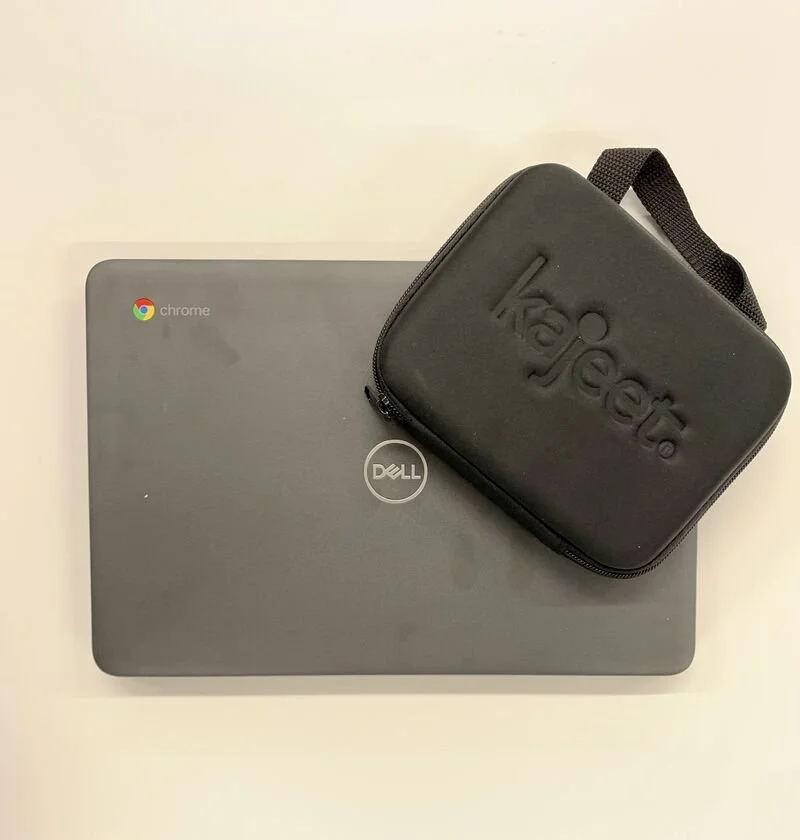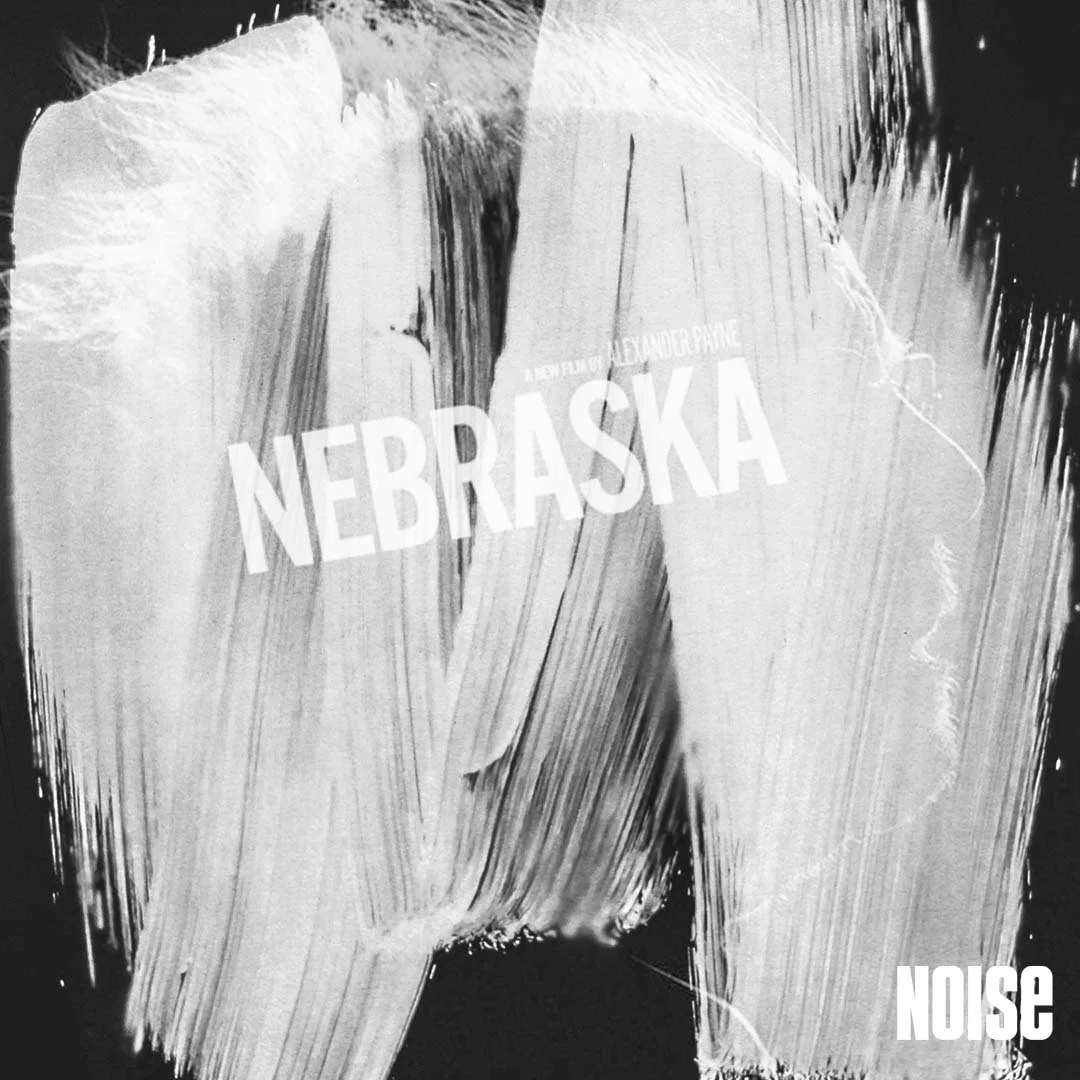Do Space will distribute 945 free Chromebook computers, mobile hotspots and Internet access to Omahans who do not have access to a computer and Internet service at their home. Individuals who are 18 years or older can apply online to the Do Space Tech Pack program or in person at Do Space at 7205 Dodge St., where paper applications will be available. Hurry! The application period will close in June, 2022.
Read MoreFrom Scott Blake: There have been four vacancies on City Council (Reynolds 1958, Friend 1994, Terry 1999, Anzaldo 2000) where the outgoing council member was still on the council, and none of the outgoing council members voted for their replacement and did not participate in the vacancy process. But, Rich Pahls did when he resigned. NOISE is publishing Blake’s letter to the 2022 Charter Convention about why this was allowed.
Read MoreOn June 18 the Poor People’s Campaign is holding the “Mass Poor People’s & Low-Wage Workers’ Assembly and Moral March on Washington and to the Polls.” Organizer Angela Montalvo shares details on how to join the march and some statistics on poverty in Nebraska.
Read MoreSen. Megan Hunt writes: On May 2, in a truly unprecedented event, a draft decision on the Dobbs v. Jackson U.S. Supreme Court case was leaked to the public. If that opinion becomes final, it will strike down Roe v. Wade and set back fundamental rights in this country by half a century. It’s important to note this is not yet an official ruling—but in Nebraska, we should prepare for the worst.
Read MoreHURRY UP! If you want to participate in the Omaha city charter convention, a public hearing will take place on Apr. 5 and a vote by the city council will take place on Apr. 12 to start the convention by May 16, 2022. The last conventions were in 2003 and 2013 so the next convention was expected to be in 2023. Why the rush? We don’t know. NOISE is republishing a blog from One Omaha so citizens know how to get involved on short notice and some tips on testifying before city council this Tues. Apr. 5.
Read MoreThe strong mayor system is why Omaha's mayor can make major decisions, such as tearing down a library to offer the land to a Fortune 500 company to build a new headquarters, without first consulting the city council.
The "strong mayor/ weak council" is a system in which the mayor has considerable authority over the day-to-day operations of the city government, much like the CEO of a business. By comparison, the city council operates more like a company's board of directors.
How did we get a strong mayor and weak council? More importantly, can it be changed? In a community response piece, Pete Fey weighs in on the history of the Omaha City Charter Convention with an eye on 2023 when the next convention will take place.
Read More“Two years ago, very few Nebraskans — and hardly any Americans — had even heard of critical race theory (CRT), which lived in rarified academic circles,” writes former executive editor of the Omaha World Herald, Randy Essex, a native Nebraskan from rural Beatrice. Essex explains what CRT is, what it is not, and offers some examples to illustrate why Nebraskans should have no fear in learning about how America’s history of racial injustice shapes the present.
Read MoreUNO Chancellor Joanne Li celebrates the steps UNO has taken to ensure that “every Maverick has a seat at the table.” She traces this commitment back to 1969 when 54 Black students were arrested for protesting their voicelessness on campus. Li pays tribute to some of the many alumni who have chosen to give back to the community. She writes, “The challenge we face today as Nebraskans and as a nation is that not enough people have the opportunity to grow as individuals and apply their talents to their community.”
Read MoreSarah Johnson, former city council candidate in District 1, has been a fixture at weekly council meetings. After the vote to demolish the W. Dale Clark library and give the land to Mutual of Omaha to build a corporate headquarters, she has decided that she’s can’t take it anymore. Johnson writes, “You won’t find me wasting my energy with “public engagement” at city hall any longer.
Read MoreA library cardholder since before she learned to write, NOISEmaker Michaela Wolf laments the loss of the library overlooking the Gene Leahy Mall. Wolf questions why such decisions are made behind closed doors in our final community response piece about the demolition of the central library.
Read More“It does not take a library lover to see the message implicit in the decision to anchor the new Gene Leahy Mall with a corporate headquarters instead of a library,” writes Pete Fey, a former employee at the W. Dale Clark library. “Business rules Omaha. Whatever we can do collectively, for the good of all, runs a distant second to the private accomplishments of the few.” If you want to weigh in on the city’s decision to demolish the downtown library, use NOISE’s “contact us” form to send us a letter.
Read More“Black people do exist in Omaha, but you wouldn’t know it from the conversations about its future,” writes Ja Keen Fox in an editorial about the recent decision to tear down the W. Dale Clark library to make way for a new headquarters for Mutual of Omaha— replacing public space with private property. Fox noticed that a recent Omaha World Herald article soliciting opinions about the fate of the library and construction of a streetcar contained 15 opinions about the decision: none of them from Black Omahans. “We remain ignored,” he writes.
Read MoreMoving "thousands of books, photographs, maps, etc. to different locations will take time to plan, orchestrate, and do right. It’s not a trivial task," writes Edwin C. Schroeder, a retired librarian and director of rare books at Yale University who shares his perspective on the new library plan in a NOISE opinion piece.
Read MoreThe legislative session is currently underway and there have been multiple bills introduced to strip Nebraskans’ rights and access to quality health care including abortions. One of the bans introduced (LB 781) would eliminate abortion access at approximately six weeks, before most people even know they’re pregnant, and the other (LB 933) would ban abortions altogether if the U.S. Supreme Court reverses Roe v. Wade at the end of this term.
Read MoreAcademy Award winning director Alexander Payne often portrays Omaha, his hometown on screen. But, with a significant lack of people of color, do his films accurately represent the diverse city that Omaha is today? Or do they portray only Payne's personal remembrance of Omaha, which seems to be firmly rooted in the past.
Guest columnist Abbey Kegley, who studied film at UNL, shares her opinion of whether Payne's films represent the city that she also calls home. Kegley breakdown of the presence of people of color in Payne's Omaha, as part of the latest article featured on our community response page.
Read More“Nebraska’s health education has suffered a considerable loss,” says Amarah Wright, a Black Trans woman and advocate for the elevation of Black, and queer communities in Omaha. Amarah penned the most recent opinion piece for NOISE’s community response page after feeling that deep harm could be done to Nebraska’s LGBTQIA+ youth, especially those youth of color because of the recent changes to Nebraska’s health education guidelines. Amarah writes, “We need to understand why our marginalized youth need us. The young people of Nebraska who lack the support, guidance, and acceptance from their communities may also lack the ability to conceptualize a truth that aligns with who they are. The misunderstanding of those like Gov. Pete Ricketts and others does not make them an imaginary social construct. Instead, it puts them at a disadvantage.”
Read MoreIt is impossible to discuss the North Freeway without talking about the realities of historic race relations in Omaha. In the early 20th century, the Great Migration of Black Americans from the rural South to industrialized northern cities was in full swing. By 1920, Omaha had over 10,000 Black residents, yet the racist underpinnings of the city bled through resulting in horrific events such as the lynching of Will Brown and existing infrastructure that still scars our city today, tells Garrett Høie in Community Response article written for NOISE.
This community opinion piece is more than a critique, Garrett Høie breakdown new ways to envision the divisive freeway that cuts through North Omaha and provides examples of other U.S. cities where similar highways have been successfully removed and or reimagined.
Governor Pete Ricketts announced an end to the $300 per week pandemic unemployment benefits that had been coming from the federal government to Nebraska.
Read MoreThe use of seemingly insidious but profound racial tropes in the U.S. polity is as old as colonization, Indigenous genocide, and African chattel slavery. It’s ensconced in the DNA of this nation and operates in both perpetuity and impunity. The overarching ethos of this praxis is simple and elementary - inciting fear in white people to vote against any candidate, and especially Black candidates, who espouse any semblance of racial and social justice.
Read MoreFrom the Biden Administration to the City of Omaha, so-called representatives are insisting on
returning to normal despite scientists’ recommendations. As tenant organizers, we are
unsurprised by this push to re-open. When it comes to evictions, elected officials at all levels of
government in Omaha have been pretending that we were back to normal since last May when
Governor Ricketts’ bare-bones executive order postponing evictions ended. Evictions never
stopped in Douglas County. Eviction court remained open, even when all other courts closed
this past winter due to high numbers of COVID-19 cases. Apparently it was too dangerous to
hold jury trials, but not too dangerous to cram renters into Courtroom 20 as landlords and their
lawyers argued in favor of kicking people out of their homes during a pandemic.
Read More























